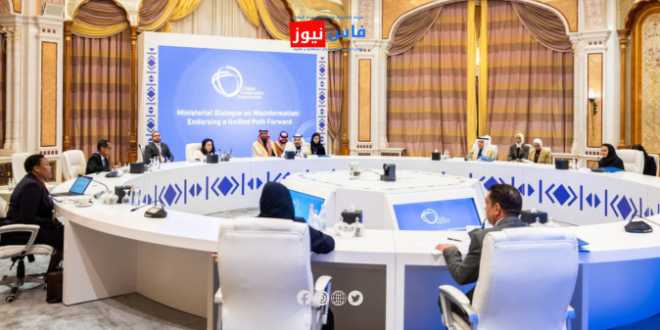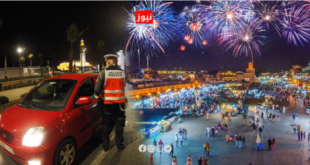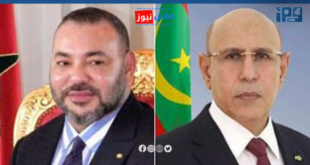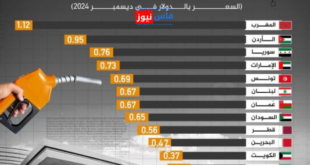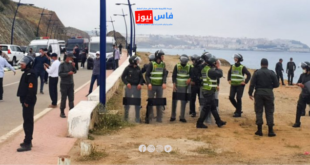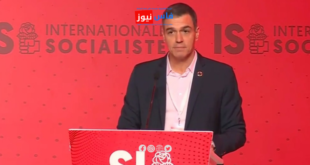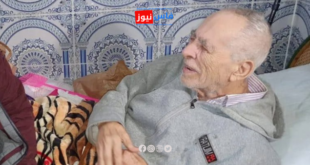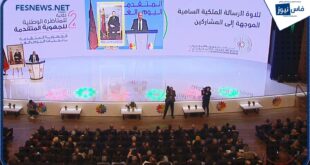Fifteen member states of the Digital Cooperation Organization (DCO), including Morocco, have launched a multilateral strategic initiative to promote online content integrity during the United Nations Internet Governance Forum, held from December 15 to 19 in Saudi Arabia.
Morocco is represented at this Forum by Amal El Fallah Seghrouchni, Minister Delegate to the Head of Government in charge of Digital Transition and Administrative Reform, who is participating in the DCO Ministerial Dialogue on Fake News in Riyadh.
In her address, Ms. Seghrouchni focused on the issue of fake news and its dimensions in light of digital evolution and the rapid development of advanced technologies. She emphasized that Morocco, which attaches great importance to this issue due to its negative repercussions in various fields, is working to create a healthy digital environment that guarantees privacy protection and individual rights.
She considered that coordination within the DCO framework and the exchange of best practices in this regard will help face the phenomenon of fake news and limit its effects.
The Forum, themed “Ministerial Dialogue on Fake News: Towards Adopting a Unified Path,” saw the participation of several ministers from DCO member states.
On the sidelines of the forum, the Organization, based in the Saudi capital, announced the launch of the initiative to promote online content integrity through a joint declaration ratified by Saudi Arabia, Morocco, Bahrain, Bangladesh, Cyprus, Djibouti, Gambia, Ghana, Jordan, Kuwait, Nigeria, Oman, Pakistan, Qatar, and Rwanda.
The initiative, led and sponsored by Kuwait and presented at the 3rd General Assembly of the Digital Cooperation Organization, aims to promote respect for social and cultural diversity and combat online misinformation through mediation and coordination efforts between companies, governments, and other concerned parties such as international organizations and civil society.
The declaration provides for the creation of a high-level ministerial committee to oversee the implementation of the online content integrity initiative, while the countries that approved it reaffirmed their commitment to promoting “an inclusive, transparent, and safe digital economy that allows individuals to thrive.”
According to the Declaration, the private sector and social networks should be “a partner in these efforts to promote positive social impact, rather than a means of spreading negative influences.” In this declaration, the DCO reaffirms its commitment to improving trust in the virtual space by addressing ethical and privacy challenges associated with emerging technologies.
In a press statement, Deemah AlYahya, Secretary-General of the Digital Cooperation Organization, noted that opinion polls conducted in 46 countries showed that more than 59% of respondents are concerned about the difficulty of distinguishing real content from fake content online.
She pointed out that misinformation “is no longer a marginal issue, but a frightening digital pandemic that requires urgent and joint action,” noting that “studies have shown that misinformation could disrupt elections in many countries over the next two years and thus threaten global stability.”
More than 10,000 participants from 170 countries, as well as a thousand international speakers, are taking part in the United Nations Internet Governance Forum. Some 300 thematic sessions and workshops will allow for discussion of international trends and policies in Internet governance, exchange of experiences, information and best practices, identification of new digital challenges, and promotion of cooperation between public and private sectors and civil society organizations.
 فاس نيوز ميديا جريدة الكترونية جهوية تعنى بشؤون و أخبار جهة فاس مكناس – متجددة على مدار الساعة
فاس نيوز ميديا جريدة الكترونية جهوية تعنى بشؤون و أخبار جهة فاس مكناس – متجددة على مدار الساعة

